Kissinger’s cynicism is music to Putin’s ears
Ukrainians are being told that although they have fought the school bully to a standstill, refusing to hand over their pocket money, they need now to help him save face by just giving him half of it. That’ll learn him.
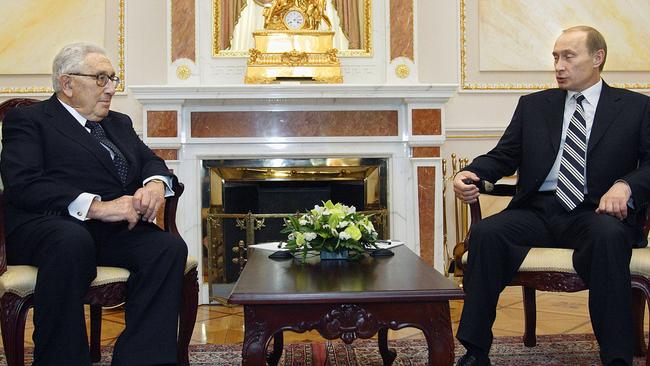
I think they call it “skin in the game”. In Davos on Monday the 98-year-old Henry Kissinger was speaking on the subject of Ukraine. He advocated that Ukraine should cede territory to Russia and end the war by returning to the “status quo ante”.
This would involve Ukraine accepting the Russian occupation of Crimea and agreeing to Russian de facto annexation of two provinces (provinces which are still fiercely contested).
I didn’t hear him. Somehow my Davos invitation, like my knighthood, fails to arrive year after year. But the next day I was at the Education World Forum in London to hear the Ukrainian education minister, Serhiy Shkarlet, talk about how his country has tried to keep children’s learning going under Russian bombardment. He spoke, he said, “as a teacher, a father and a Ukrainian” and repeated his president’s determination not to give up Ukrainian territory in the face of Russia’s criminal aggression. He received a standing ovation.
As far as we can tell, a significant majority of Ukrainians agree with their education minister and not with a foreign nonagenarian who was never elected by anyone and who departed his last administration when James Callaghan was prime minister.
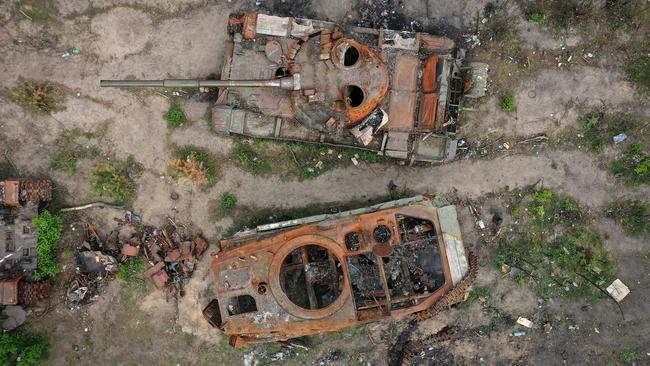
However, Kissinger’s great-grandfatherly advice, in which he exhorted Ukrainians to “show wisdom”, coincides with the ending of the mild triumphalism that followed Russia’s withdrawal from around Kyiv. Now in the east it’s a war of terrible attrition and the Russians have the brute advantage. They are laying waste to the region in order to occupy it and we have entered a new phase. Meanwhile, though the Ukrainians do the dying, the rest of us feel a growing discomfort. No one is bombing us, but prices are going up. So perhaps Kissinger was just spelling out in clear terms what others are thinking but are too mealy-mouthed to express?
Take this example. Last week The New York Times carried an editorial of Janus-like opacity on the subject of the war. Yes, the authors said, back in March they had been right to argue that “Ukraine deserves support against Russia’s unprovoked aggression” and that resistance to Putin’s violence had to be led by the US. “That goal cannot shift”, they wrote. Then added, “but”. “But popular support for a war far from US shores will not continue indefinitely. Inflation is a much bigger issue for American voters than Ukraine.”
But does anything flow from this “but”, which suddenly qualifies what was supposedly an unshakeable determination? Well, apparently Kyiv must make some war-ending decisions which, the newspaper asserts, are “painful territorial” ones.
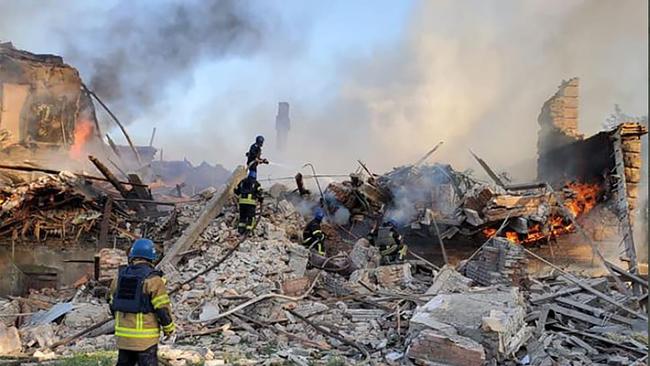
Such as what? Alas, unlike Kissinger, the authors do not care to say but rather advise President Biden to “make clear to President Volodymyr Zelensky and his people that there is a limit to how far the United States and NATO will go to confront Russia”.
The editorial board can conceive of no argument about this from other NATO countries. I would be ashamed to have written such an editorial.
There are a series of expressions that leach out of the expert world and come to infect the pundit world. “Mission creep” and “exit strategy” were two from the 1990s. Today we have “off-ramping”. Vladimir Putin, having invaded his unthreatening neighbour, causing thousands of civilian and military deaths and billions of pounds worth of damage, must now be offered something to get him to go away. Something small to celebrate, like a piece of Ukraine. He should be given territorial Danegeld so he can exit the Total War Highway.
As for the bloodied but “wise” Ukrainians, they will be persuaded that although they have fought the school bully to a standstill, refusing to hand over their pocket money, they need now to help him save face by just giving him half of it. That’ll learn him.
This, apparently, is “realism”. So to counter Russian hyper-cynicism, we are invited to adopt Kissingerian big power cynicism. We’ll talk the talk of freedom and territorial sovereignty, and do the deed of rewarding the nuclear-armed aggressor with a bit of someone else’s land.
That this would be Kissinger’s view is no revelation. When the socialist Allende government was elected in Chile in 1970 Kissinger led those advocating a policy of non-tolerance on the basis that the US could not afford an apparently successful leftist government in its backyard. What he could tolerate was a far-right dictatorship that murdered its opponents. What the people of Chile wanted was of no account.
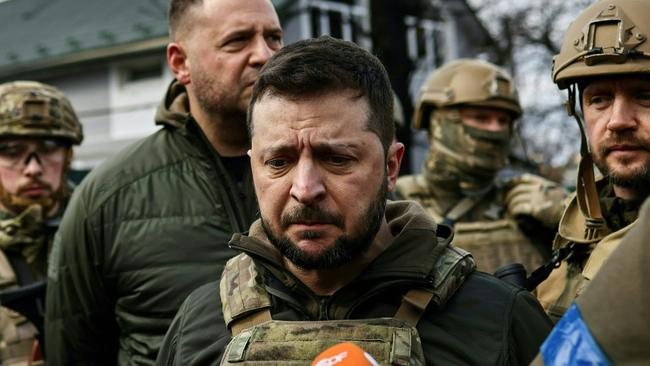
Or, as his authorised biographer Niall Ferguson put it, “arguments that focus on loss of life in strategically marginal countries – and there is no other way of describing Argentina, Bangladesh, Cambodia, Chile, Cyprus, and East Timor – must be tested against this question: how, in each case, would an alternative decision have affected US relations with strategically important countries?”.
It’s not just that this attitude is immoral – why do we go on so much about liberty and democracy? – or that it is outdated and has been since 1989, but it doesn’t even work. American action in Chile, for example, helped poison US relations with Latin America for half a century.
In 2014 as the Russians seemed to threaten Crimea, Kissinger, always on friendly terms with Vladimir Putin, wrote that “it is incompatible with the rules of the existing world order for Russia to annex Crimea”. A few weeks later Russia annexed Crimea. Three years later Kissinger discovered it was after all compatible and advised president-elect Donald Trump to recognise the annexation.
Five years on and the lesson Putin drew from all this was to try to get the whole thing. Why on earth would you believe that, “off-ramped” with a large chunk of war-ravaged Ukraine, rested and resupplied, he or his successors would not be back for the rest? Why would Ukrainians believe this? Or “strategically marginal” places such as Finland, Estonia, Moldova?
It isn’t (as Barack Obama discovered in Syria after 2013) western red lines that create disasters but the failure to act when they are crossed. The Syrian failure established a vacuum that Russia stepped into. A year later Russia stepped into Crimea.
If Kissinger was offering honest advice, why didn’t he deliver it to Zelensky in private? Where Putin and his advisers could not hear it and take strength from it? Perhaps because you can still, even at 98, be horribly vain as well as terribly wrong.
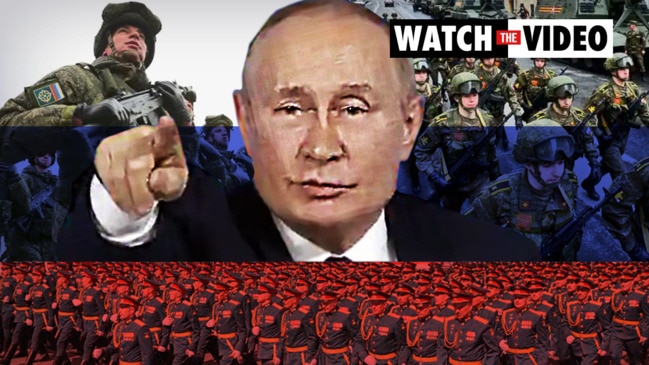
The Times

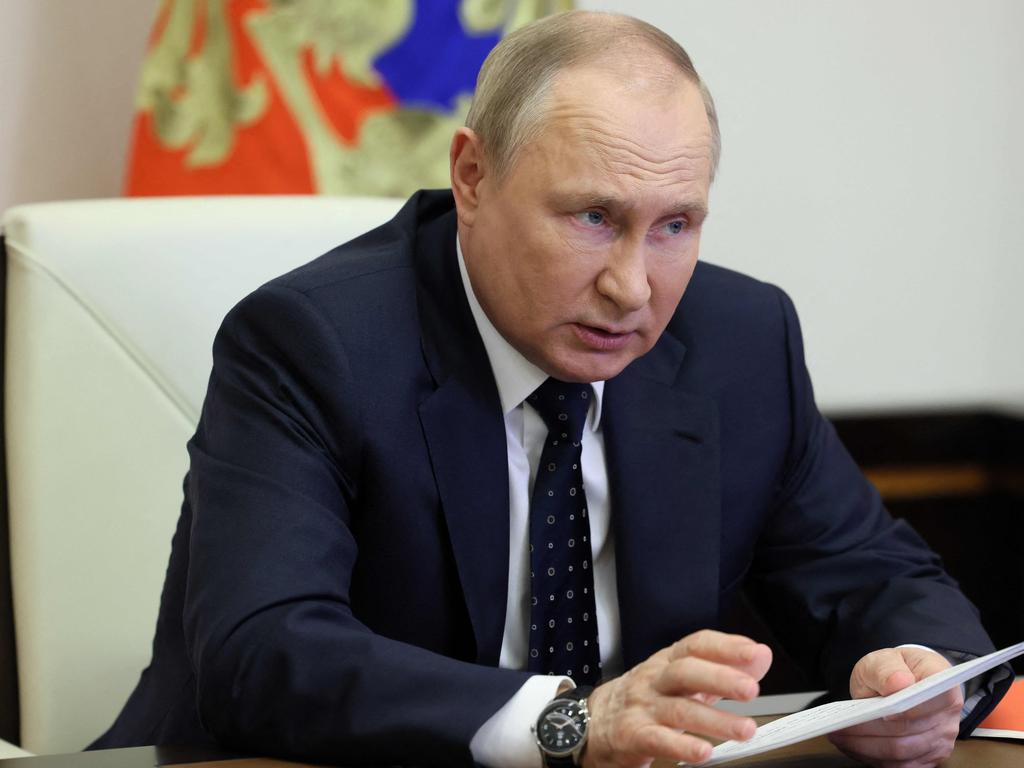


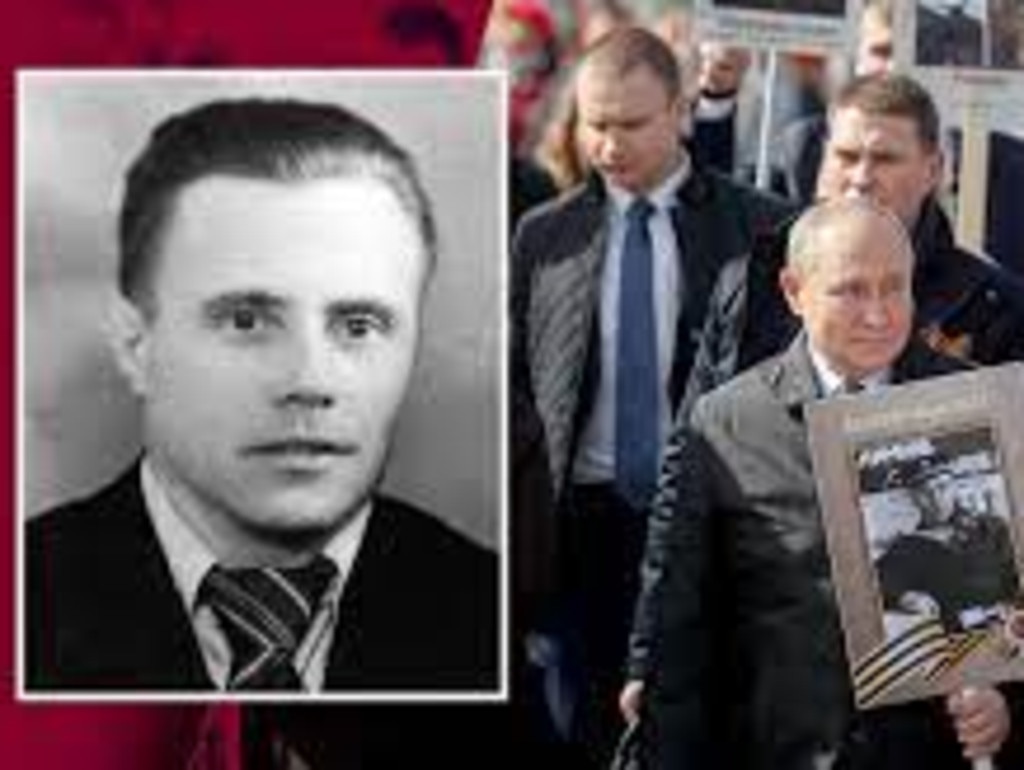


To join the conversation, please log in. Don't have an account? Register
Join the conversation, you are commenting as Logout